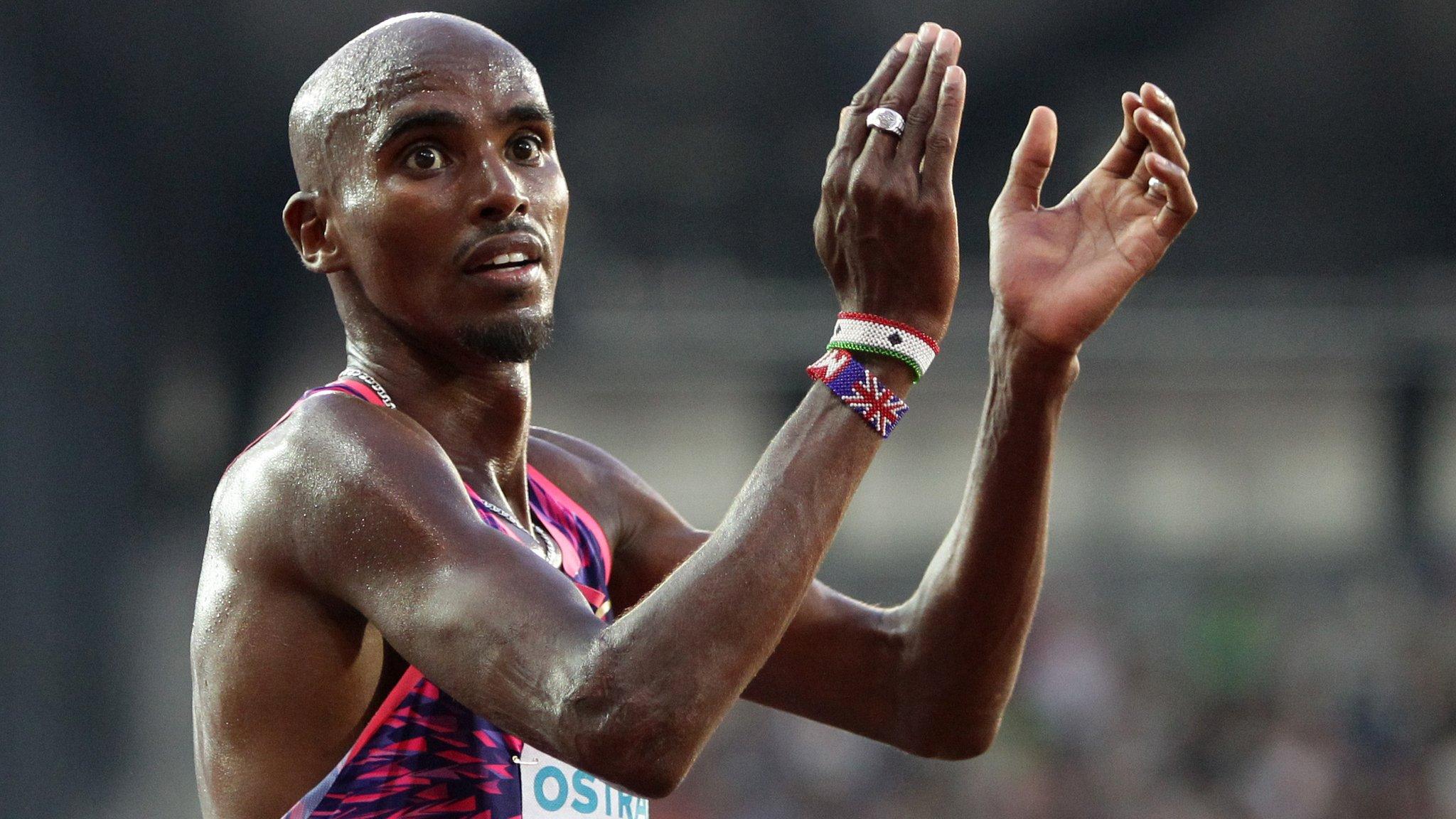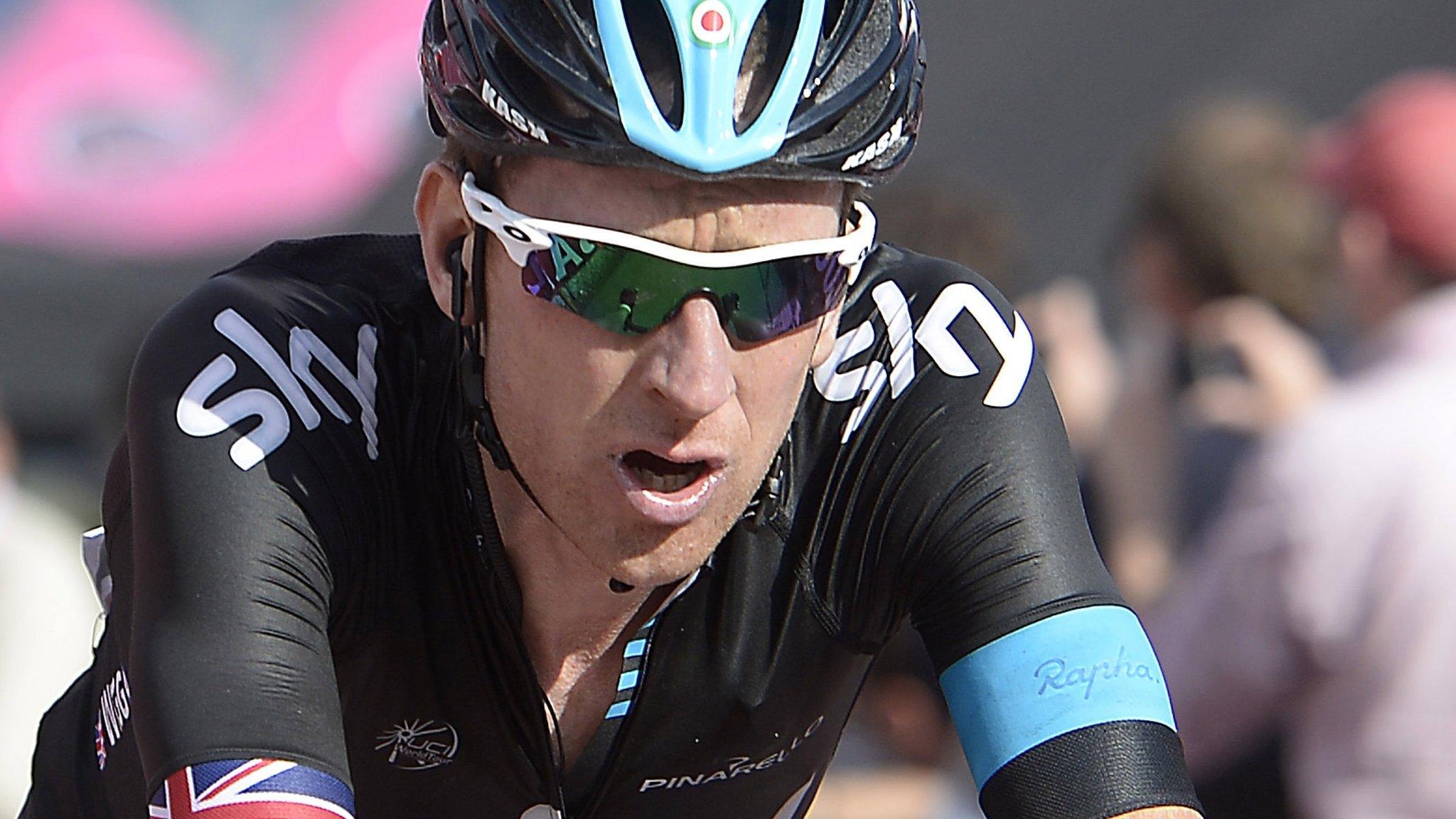Government rules out criminalisation of doping in sport
- Published
UK's anti-doping system 'one of the most robust in the world' - sports minister
Drugs cheats in British sport will not face criminal prosecution, the sports minister Tracey Crouch has said after a report into the UK's anti-doping rules.
Doping is criminalised in countries such as France and Italy.
But Crouch said: "It was right we looked into criminalising doping. However the strong consensus is that it would not necessarily aid the fight."
Crouch has recommended 'increased anti-doping measures', more random testing and improved education into drugs.
The report, which comprised extensive interviews with sports bodies and anti-doping organisations such as UK Anti-Doping (Ukad) and the World Anti-Doping Agency (Wada), concluded the UK 'has an appropriate regulatory framework to tackle doping'.
None of those interviewed for the report supported the criminalisation of doping, suggesting their investigations into wrongdoing would be slowed down if it was.
The review concluded long bans are the most effective way of tackling doping in sport - for both the athletes and those involved in doping - as it led to loss of earnings.
The MP for Chatham and Aylesford says Ukad should have better access to sports events and bodies for more random testing.
Although Ukad currently does have access to major sporting events, most event organisers warn athletes they may be tested beforehand.
"The UK is one of the leading nations in the world in anti-doping with robust testing, information sharing and investigation processes in place," Crouch added.
"We are not complacent though, which is why there are recommendations in the review that I urge the anti-doping authorities, sports governing bodies and health organisations to consider to further strengthen our approach."
The government is completing a tailored review into Ukad to 'ensure that it is fit for the future'.
Sports must prioritise anti-doping - UKAD Chair
TUEs should be reviewed
One of the recommendations to combat doping in sport was a review of therapeutic use exemptions (TUEs).
A TUE allows an athlete, for medical reasons, to take a prescribed substance or have treatment that is otherwise prohibited.
Athletes must contact their national governing body before applying for a TUE, but Crouch called for a review of thresholds in the personal use of banned substances.
Britain's most decorated Olympian and asthma sufferer Bradley Wiggins had TUEs for a banned steroid before competitions.
Wiggins came under scrutiny after his confidential medical information was leaked by hackers 'Fancy Bears' in September 2016.
In August 2017, Fancy Bears also named footballers given TUEs at the 2010 World Cup.
- Published22 August 2017

- Published6 July 2017

- Published20 April 2017
